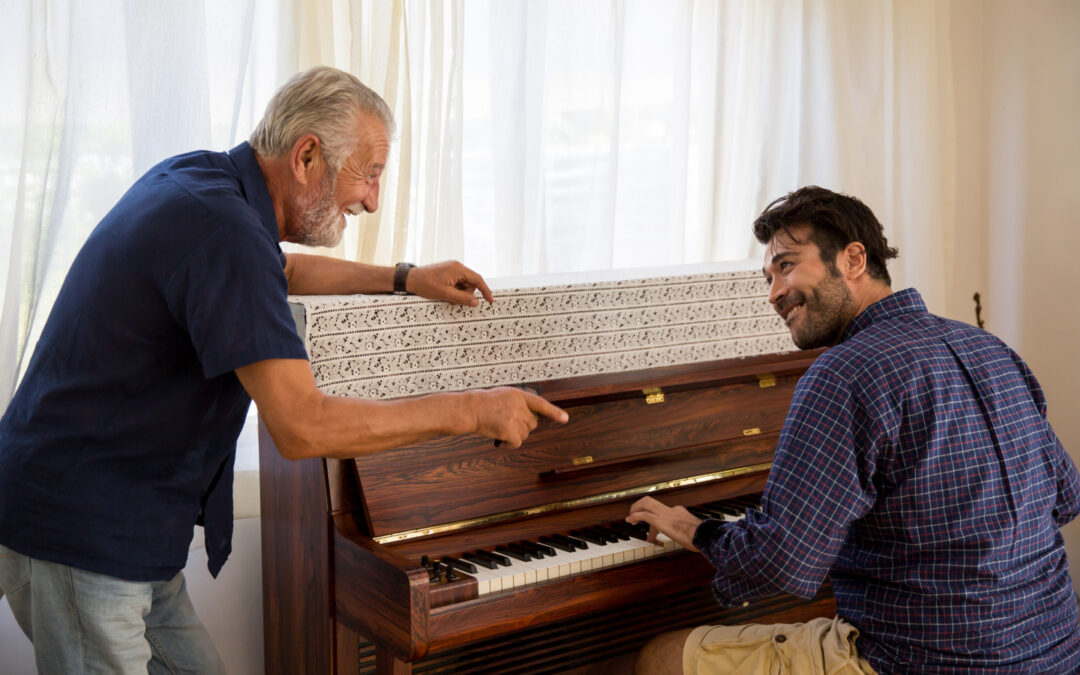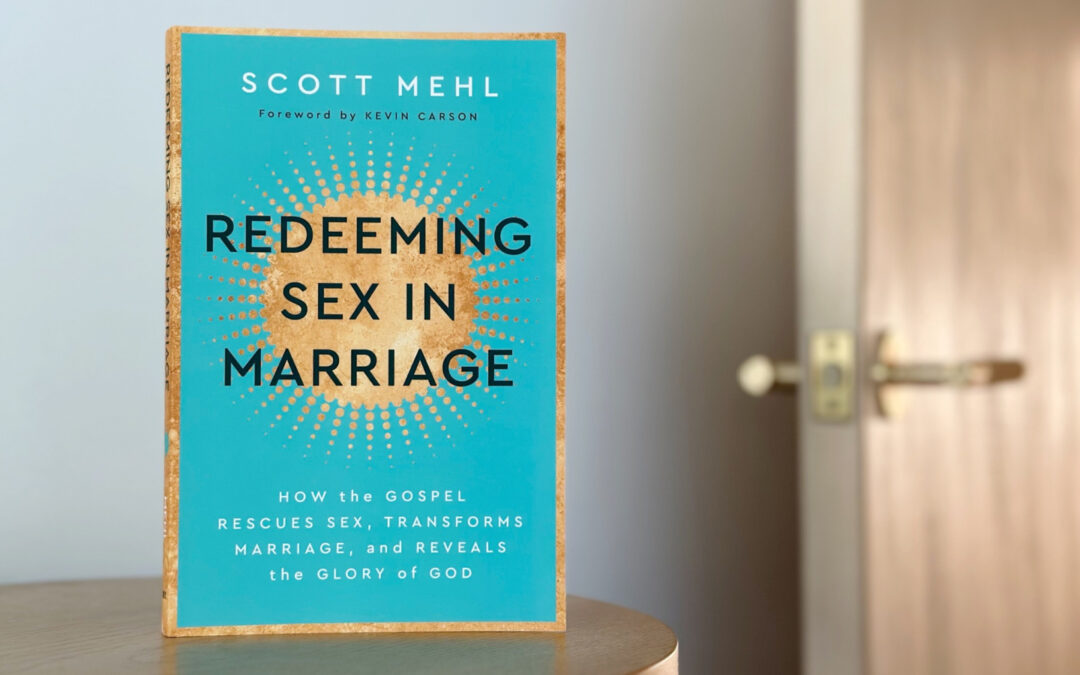Have you ever seen someone change without the gospel? People do it all the time. They discover a new diet or decide to turn over a new leaf, and significant change absolutely takes place. Maybe they lose 20, 40, or 100 lbs. Maybe they stop drinking and begin to spend more time with their kids. Maybe they discover a new hobby that brings them joy and meaning. Maybe they enter into a new, exciting relationship, or get out of a toxic one. People change every day. And they do it without the power of the gospel.
Not only that, but there are countless Christians that change every day without the power of the gospel too. It shouldn’t surprise us that people can change without the power of the gospel. As image-bearers of God, he has given all of us the ability to shift and change as a part of our humanity. The big question, however, is “change into what?” While all humans have the capacity to change their behavior, change their thoughts, and even change their emotions, the only thing all humans have the capacity to change into is someone who is a little more like the ideal version they have of themselves.
We define our own ideals, and then we change toward those ideals. But, apart from the gospel, no one can change to become more like Jesus. Only the gospel teaches us what God is truly like, through the coming of the perfect God-man, Jesus. Only the gospel gives us the courage to see how overwhelmingly far we fall short of that true ideal. Only the gospel gives us the power (through the indwelling Holy Spirit) to transform and become more like Christ from the inside-out. Only the gospel gives us the hope that, while our journey here will consist of a series of small steps, one day our transformation will be complete. Only the gospel promises that one day we will be perfect.
But, I’m afraid that, all too often in our discipleship and counseling, we are content with the kind of gospel-less change that happens every day in the world, and we forget that, for real transformation to happen, we must come back again and again to the gospel. You see, the fact is, if you spend time compassionately listening to someone, and you show them that you genuinely care, and you give them some practical tips, and provide accountability for their journey forward, chances are they’re going to change. Whether it’s a struggle with anxiety, a battle with porn, or a marital spat, when you show someone genuine love and help them find a better way forward, chances are they’re going to take it.
But without the consistent, intentional application of the gospel to their hearts, the “better” way forward won’t actually be toward Christ. You may be able to help make their work less stressful, their relationships more enjoyable, or their mornings more bearable, but that’s not the ultimate goal! The goal for each one of our lives, and for all of our discipleship and counseling with one another, ought to be to become more like Christ and to help one another do the same.
God’s desire for our lives, and the lives of those we minister to, is not that we would become more contented and comfortable in our self-worship and self-defined desires. God’s desire is that we would all, together, become more and more like him. For this to happen, we can’t stop short of delivering the whole gospel, over and over to one another, reminding one another “every day” (Heb 3:13) of who we are, who God is, what he’s done for us, and how we are called to live as a result. This is the truth that truly transforms us.
So the next time the person you’re ministering to begins to change, don’t simply walk away satisfied, assuming the goal has been achieved and your work is done. Stop and ask the question “why?” Why is this person changing? Why have these new behaviors, thoughts, and emotions come about? And if the answer isn’t because the gospel is taking deeper and deeper root in their hearts, recognize the significant work that still needs to be done. Change that is not empowered by the gospel is not true transformation. And discipleship that is not rooted, explicitly, in reminders of the gospel message cannot truly be considered biblical discipleship.
We have the most powerful message in the history of the world to remind one another of. It’s a message that transforms us from the inside out, actually changing (by the power of the Spirit) the priorities and desires of our hearts. We shouldn’t ever settle for less.
For more on this from Scott Mehl, read his new book Loving Messy People.
Video training from IBCD coming this summer.


